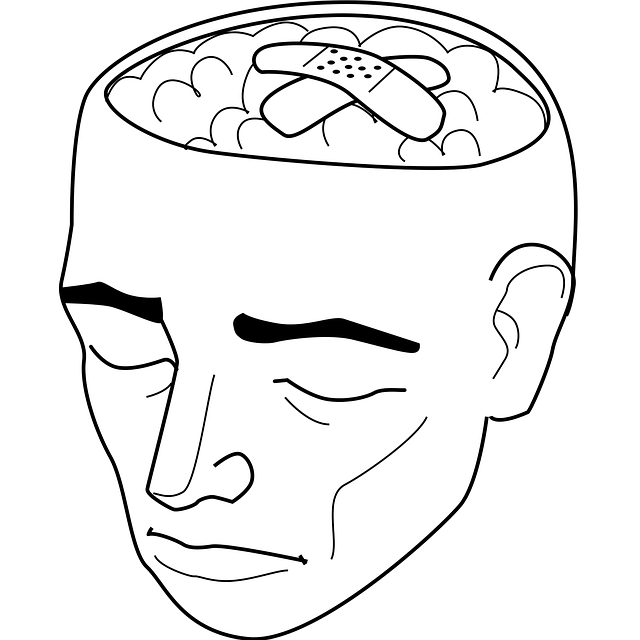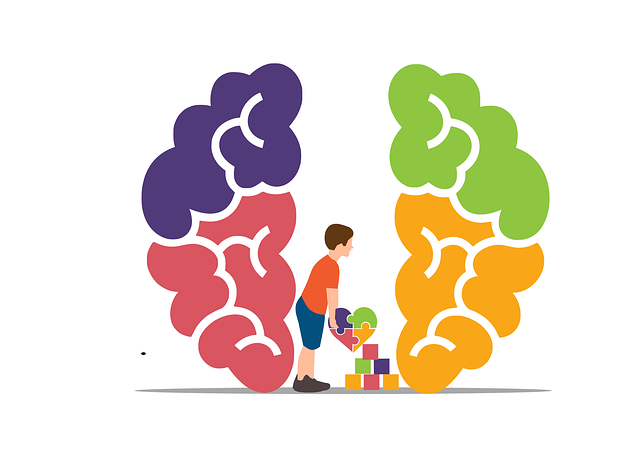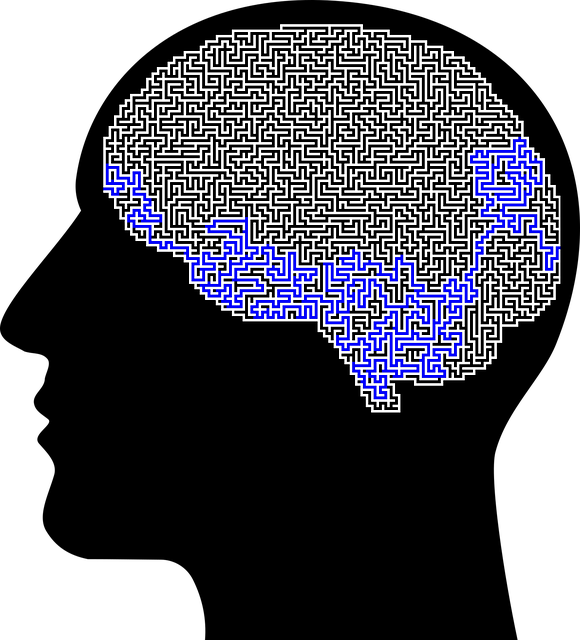Crisis Intervention Teams (CITS) play a vital role in elder care, addressing acute mental health crises, including PTSD, which affects up to 8% of older adults. Through specialized training, healthcare professionals gain skills to recognize and respond effectively. This holistic approach provides immediate assistance, fosters therapy for elders' PTSD, and advocates for positive mental health policy changes, ultimately improving quality of life for elders experiencing trauma-related conditions.
Crisis intervention team (CIT) training programs are becoming increasingly vital in elder care, addressing a pressing need for support among our aging population. With the growing recognition of post-traumatic stress disorder (PTSD) in elders, CITs play a crucial role in managing and mitigating its effects. This article explores the importance of these teams, delving into the prevalence of PTSD among seniors and highlighting successful training components. By equipping care professionals with effective tools, we can enhance therapy for elders, fostering better outcomes and improved quality of life.
- Understanding Crisis Intervention Teams: Their Role and Importance in Elder Care
- The Prevalence of Post-Traumatic Stress Disorder in Elders: A Silent Epidemic
- Key Components of Effective Training Programs for Crisis Intervention Teams
- Real-World Impact: Success Stories from Elder Care Settings
Understanding Crisis Intervention Teams: Their Role and Importance in Elder Care

Crisis Intervention Teams (CITS) play a pivotal role in elder care, offering specialized support for seniors facing acute mental health crises. These teams typically consist of healthcare professionals, including social workers, psychologists, and sometimes even family members or caregivers. Their primary goal is to de-escalate situations that might otherwise lead to emergency room visits or hospitalization. By providing immediate assistance, CITS help elders navigate challenging circumstances, ensuring their safety and well-being.
The significance of CIT training lies in its ability to equip care providers with the skills to recognize and respond to various elder crises effectively. This includes managing conditions like Post-Traumatic Stress Disorder (PTSD), which is not uncommon among older adults due to past traumatic events or significant life changes. Through comprehensive training, CIT members gain confidence in their ability to offer therapy for elders’ PTSD, fostering improved mental wellness. Beyond crisis intervention, these programs often delve into advocacy, encouraging participants to understand and advocate for positive mental health policy changes through the Mental Health Policy Analysis and Advocacy series. This holistic approach ensures that elders receive not just acute care but also long-term support for their mental health and overall quality of life.
The Prevalence of Post-Traumatic Stress Disorder in Elders: A Silent Epidemic

The prevalence of Post-Traumatic Stress Disorder (PTSD) among elders is often overlooked, yet it’s a growing concern within the aging population. This silent epidemic affects up to 8% of older adults, with many more experiencing symptoms but not meeting the diagnostic criteria. Elderly individuals face unique challenges that can lead to trauma and PTSD, such as loss of loved ones, financial stress, health issues, and social isolation. Given the complex interplay between age, mental health, and physical well-being, the impact of traumatic events on elders is profound.
Effective crisis intervention team training programs are crucial in equipping caregivers and healthcare professionals with the necessary tools to identify and assist elderly individuals struggling with PTSD. Incorporating strategies like emotional intelligence, emotional regulation techniques, and mental wellness journaling exercises can provide guidance during these challenging times. By fostering a deeper understanding of an elder’s emotional landscape, we can offer tailored support, enhance their coping mechanisms, and ultimately improve their quality of life.
Key Components of Effective Training Programs for Crisis Intervention Teams

Effective crisis intervention team (CIT) training programs are multifaceted, aiming to equip professionals with the skills needed to assist individuals facing severe emotional distress or trauma. A key component is integrating therapy for elders post-traumatic stress disorder (PTSD), given the higher prevalence of PTSD among older adults. Programs should teach evidence-based techniques tailored to this demographic, focusing on mind over matter principles to enhance resilience and coping mechanisms.
Additionally, fostering emotional intelligence is vital. Training should emphasize recognizing and managing one’s own emotions, as well as understanding and responding sensitively to others’ emotional states. This includes teaching active listening, empathy, and de-escalation strategies, which are essential for building trust and effective communication during crisis situations. Depression prevention strategies, often intertwined with these concepts, can further empower CIT members to support at-risk individuals before and after traumatic events.
Real-World Impact: Success Stories from Elder Care Settings

In real-world settings, crisis intervention team (CIT) training programs have proven to be transformative, particularly in elder care environments. Caregivers and staff members equipped with CIT skills have successfully navigated challenging situations, demonstrating improved resilience and emotional support for older adults facing various crises, including post-traumatic stress disorder (PTSD). These programs emphasize the importance of early intervention, which is crucial in mitigating the impact of trauma on mental health.
Through interactive workshops and role-playing scenarios, participants learn effective communication techniques to foster open dialogue among residents. This approach not only enhances self-care routine development for better mental health but also strengthens the overall sense of community within care facilities. Success stories abound, with reports of reduced instances of isolation and improved confidence levels among both caregivers and elders, highlighting the profound positive effects of well-structured CIT training programs on both individual and collective mental wellness.
Crisis intervention team training programs play a pivotal role in equipping caregiving staff with the skills needed to address the unique challenges faced by elders, many of whom suffer from undiagnosed and untreated post-traumatic stress disorder (PTSD). By integrating evidence-based practices and focusing on key components like cultural sensitivity and de-escalation techniques, these programs can significantly enhance the quality of care in elder settings. The real-world impact is evident through success stories where effective crisis intervention has improved not just individual lives, but also fostered a more compassionate and resilient caregiving culture. Investing in such training is essential for creating supportive environments that prioritize the mental health and well-being of elders.








